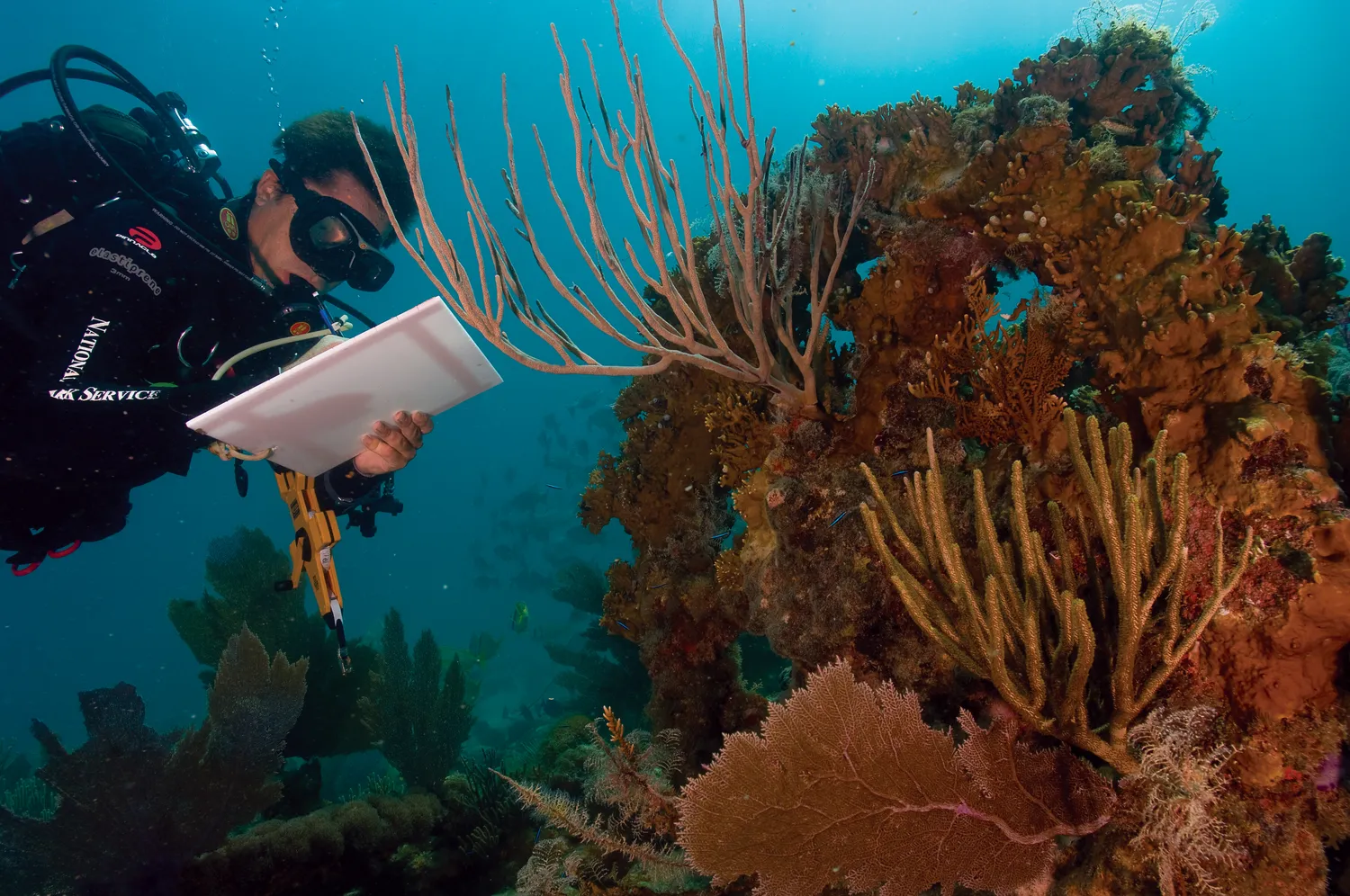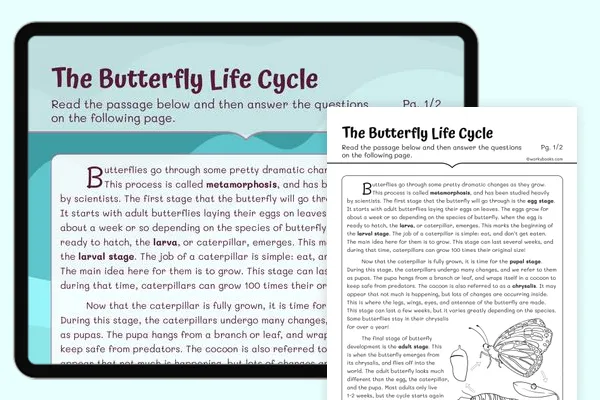How can climate change affect the oceans? — Reading Comprehension
Premium Resource
Grades
- 2
- 3
- 4
Standards
- RI.3.1
- RI.4.1
- 4.ESS2.D
PRINT+DIGITAL RESOURCE
This learning resource is available in interactive and printable formats. The interactive worksheet can be played online and assigned to students. The Printable PDF version can be downloaded and printed for completion by hand.
About This Reader
This passage educates children about the effects of climate change on oceans. It explains how warming temperatures cause sea levels to rise through thermal expansion and melting ice. The text introduces ocean acidification, describing how increased carbon dioxide makes oceans more acidic and harms shell-forming creatures. It mentions the impact on coral reefs and the potential changes to ocean currents. By connecting these effects to marine life and global weather patterns, the passage helps children understand the far-reaching consequences of climate change on our oceans and planet.
Perfect For:
👩🏫 Teachers
- • Reading comprehension practice
- • Auto-graded assessments
- • Literacy skill development
👨👩👧👦 Parents
- • Reading practice at home
- • Comprehension improvement
- • Educational reading time
🏠 Homeschoolers
- • Reading curriculum support
- • Independent reading practice
- • Progress monitoring
Reading Features:
📖
Reading Passage
Engaging fiction or nonfiction text
❓
Comprehension Quiz
Auto-graded questions
📊
Instant Feedback
Immediate results and scoring
📄
Printable Version
Download for offline reading
🔊
Read Aloud
Voice-over with word highlighting























